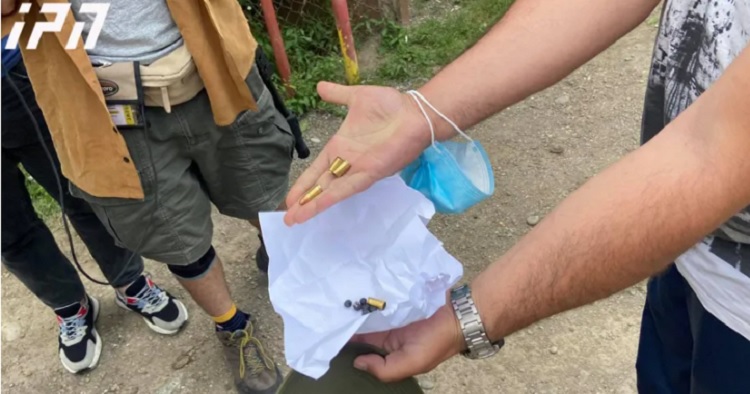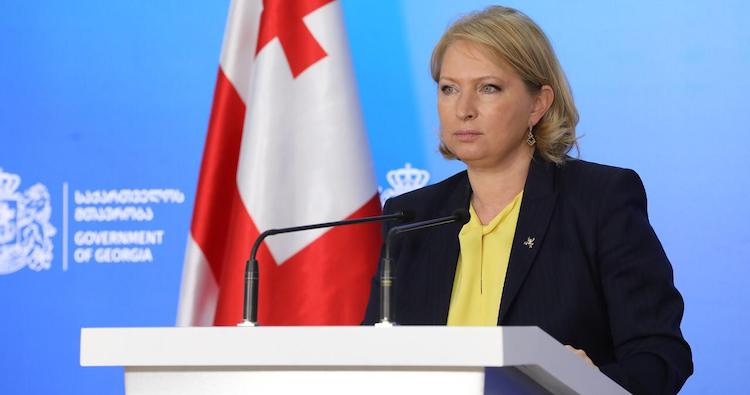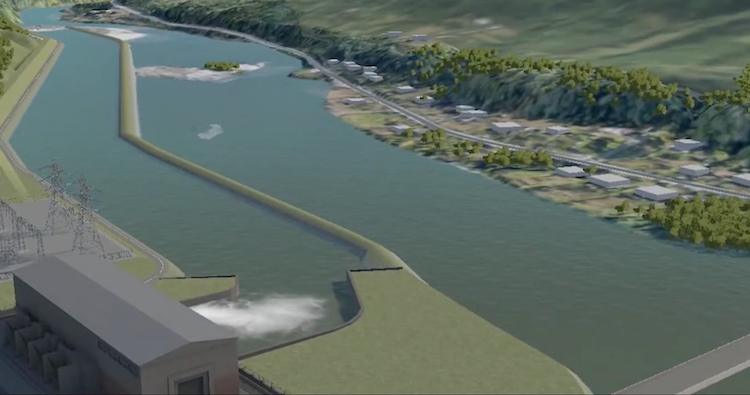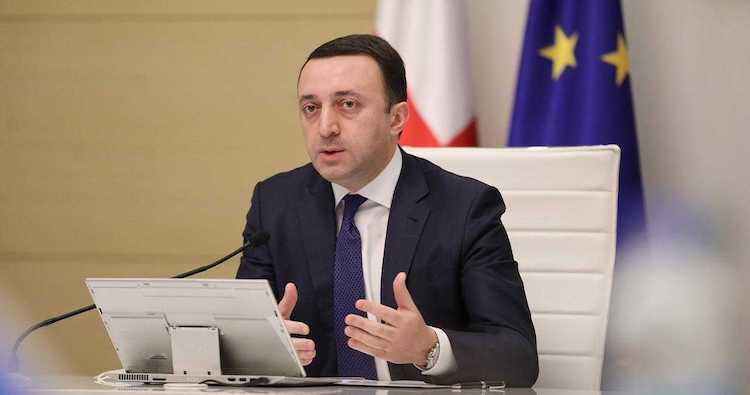Economy Ministry: four economic studies show benefits of Namakhvani HPP
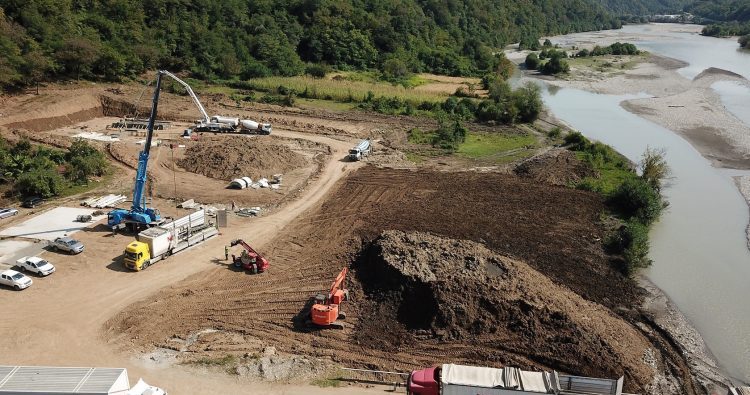
In 2007-2019, four different independent consulting companies conducted feasibility studies for the Namakhvani HPP project. Photo: Ipress.
Four major economic studies have been published by the Georgian Ministry of Economy which attest to the financial and economic viability of the Namakhvani HPP planned in western Georgia.
The release of the reports comes following large protests against the construction of the power plant.
The Namakhvani HPP project is one of the best studied projects in the energy sector of Georgia. In 2007-2019, four different independent consulting companies conducted feasibility studies for the Namakhvani HPP project. The main objectives of the three studies were to assess the energy sector and develop future plans, including the feasibility of building new generation facilities based on various economic methodologies, and the fourth study is to assess the social and economic benefits of the project", says the ministry.
Below is short information about the four studies:
- In December 2007, the World Bank funded the Strategic Environmental Assessment of Georgia's Energy System Development. The study was conducted by the Serbian-Italian Group (SEEC), which reviewed a 15-year planning period. In all the considered options, Namakhvani HPP project was considered to be the best project for connection to the Georgian power system.
- According to the social and economic assessment report prepared by the Georgian company Gamma Consulting in 2015, the benefits of the project significantly exceed the damage that the project might cause.
- In August 2018, McKinsey & Company examined Georgia’s energy strategy, describing the profile of electricity consumption and all the factors that affect the growth of consumption. According to the document, the average annual growth by 2030 is 4.6% and will reach 21.4 terawatts (for reference in 2020 consumption was 12.4 TWh). In addition, the document includes an overview of the electricity markets of neighboring countries and, most importantly, the study provides ways to eliminate the expected deficit, which involves the construction of new power plants. Namakhvani HPP is referred to in this study as an economically viable energy facility. According to the consultant, the Levelized Cost of Energy (LCOE) of Namakhvani HPP fully meets international standards.
- The analysis of the Namakhvani HPP project in January 2019 was also presented in the Georgian Electricity Market Assessment Report prepared by the international consulting company Nera, commissioned by the European Bank for Reconstruction and Development. Namakhvani HPP is one of the projects whose economic and energy characteristics allow the project to be built according to the least-cost methodology.
Many activists and locals protest the construction of the HPP in the region, claiming that the construction was launched without sufficient research and thorough consideration of risks, including immediate security risks due to active seismic activity.
The protesters say that in addition to the environmental threat, the government has 'relinquished state interests' in the contract with Enka.
 Tweet
Tweet  Share
Share

